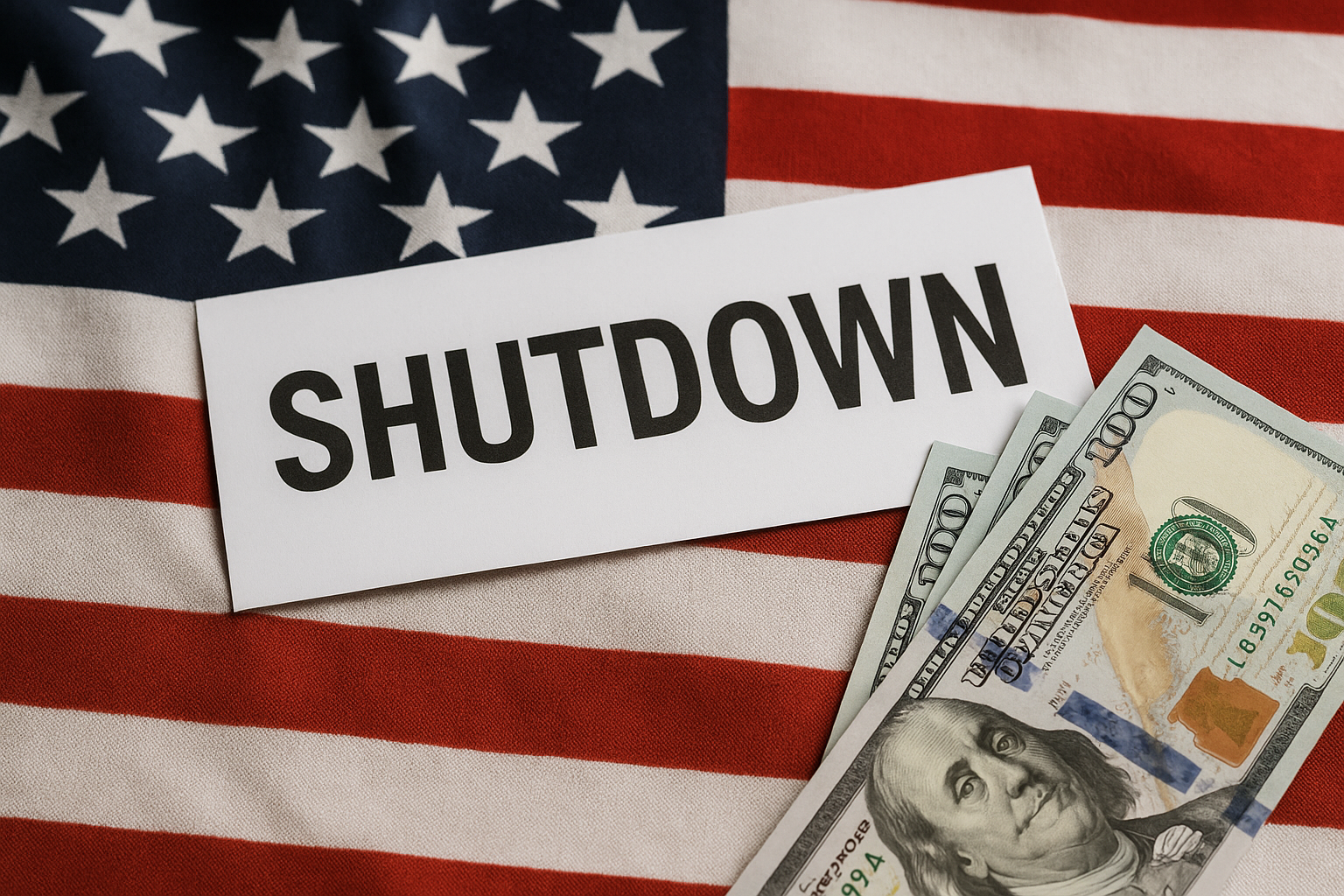Surviving a Government Shutdown with No Savings: Practical Steps for Families
Written by Arbitrage • 2025-11-03 00:00:00

When government shutdowns drag on, millions of families feel the financial squeeze - especially those living paycheck to paycheck or relying on federal income. If savings are thin or gone, it can feel impossible to make ends meet. But even in uncertainty, there are concrete steps and community resources that can help you stabilize your finances and protect your household.
Prioritize Essentials and Communicate Early
Start by listing out your non-negotiables: housing, food, and utilities. If you expect a delay in income, contact your mortgage company, landlord, or utility providers right away. Many companies offer short-term hardship extensions or deferrals during government shutdowns - but only if you reach out before you fall behind.
Cut back to essentials, delay discretionary spending, and temporarily pause automatic payments that aren't tied to critical needs.
Tap Into Community and Government Support Programs
Even during shutdowns, essential aid programs often remain funded at the state or local level. Check these resources:
- SNAP (Supplemental Nutrition Assistance Program) may continue for a limited time; apply or renew benefits early.
- Local food banks and churches often provide emergency groceries and household supplies.
- 211.org connects you directly with local shelters, food assistance, and crisis aid programs.
- Community Action Agencies can help with energy bills, rent, and childcare.
If your income stopped due to furlough, ask your HR department or union about back pay eligibility once the shutdown ends.
Look for Short-Term Income Opportunities
While waiting for regular pay to resume, look for temporary income streams that can fill the gap. Gig work, local deliveries, tutoring, or freelance opportunities can offer quick liquidity. Many employers are understanding of short-term commitments during crises, and platforms like TaskRabbit, DoorDash, and Upwork can help you earn within days.
If you have marketable skills, even offering help within your community - lawn care, babysitting, pet sitting, or handyman work - can create immediate cash flow.
Explore Financial Relief Options
Contact your creditors and lenders to ask about hardship programs. Some banks and credit unions often offer "skip-a-payment" options or temporary rate reductions. Student loan servicers may allow forbearance during a federal shutdown. Credit card companies may waive late fees or minimums for those directly affected by furloughs.
It is also worth checking whether your state unemployment office allows temporary benefits for furloughed workers (some do, depending on your employment classification).
Plan Forward Once Income Returns
When the shutdown ends, use the recovery period to create a "bare-minimum" emergency fund. Even setting aside $25-50 per paycheck builds a buffer over time. Automate your savings and review your monthly expenses to find recurring costs to trim. Minor adjustments can create long-term stability.
Consider working with a financial advisor or budgeting coach to strengthen your financial plan and protect against future income disruptions.
Bottom Line A government shutdown can be disruptive, but it doesn't have to be devastating. By prioritizing essentials, leveraging available resources, and communicating early, you can protect your family's financial well-being even without savings. Remember - this is temporary. Stay proactive, stay informed, and take small steps toward rebuilding security once income resumes.